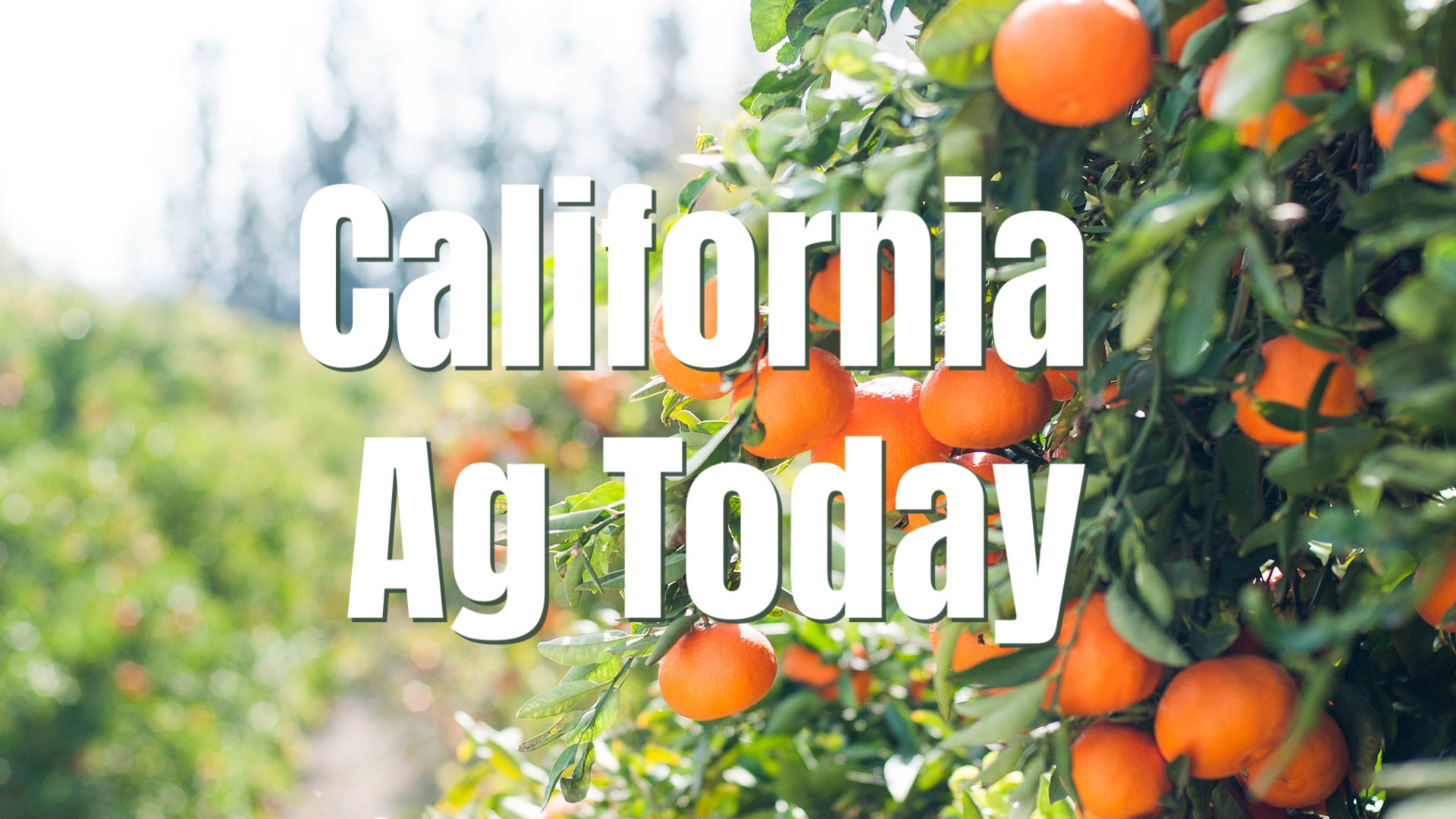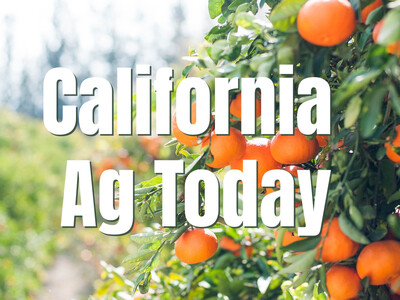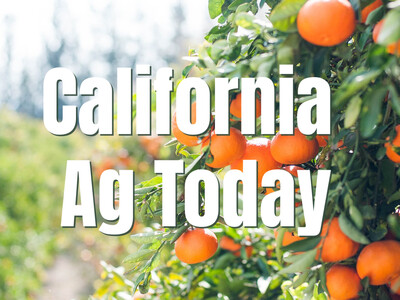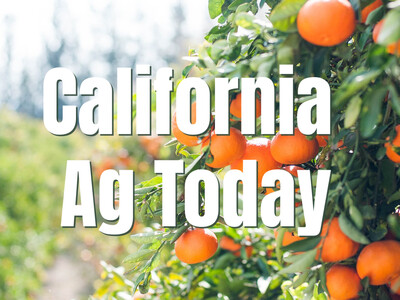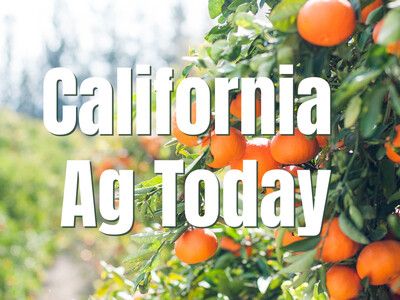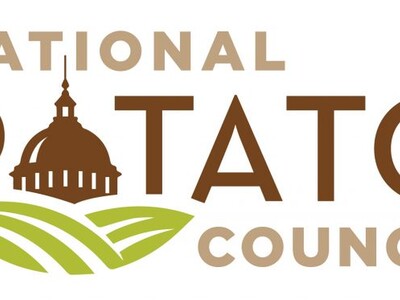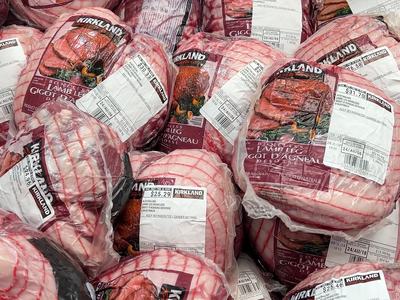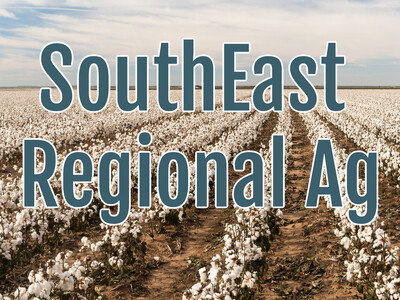Vilsack: More Diversity Could Prevent Future Formula Shortages
Thanks for joining me again to talk about the baby formula shortage in America right now. There are three things I want to cover on this topic. Last show I covered what’s being done currently to stock grocery store shelves again. This time, I’m going to dive a little deeper. Let’s start with why this happened.Let’s go over a short timeline, Abbott Nutrition’s plant in Michigan was shut down by the FDA in February for being extremely dirty. The plant was shut down for three months for FDA’s investigation.
During inspections that spanned January, February and March, FDA investigators found Cronobacter sakazakii bacteria in several areas inside the plant.
Well into the shortage, this month, a federal judge signed off on a consent decree that basically listed steps the company needed to take in order to restart production.
I think it’s important to note that four companies currently control 90 percent of the American formula market. Abbott Nutrition, Mead Johnson, and to a lesser extent, Nestle and Perrigo.
Department of Ag Secretary Tom Vilsack…
“We had a very efficient system where there were a handful of companies that make this product. The problem, of course, with efficiency is that when there's a disruption of one of the major suppliers, it creates a serious problem. And I think it behooves the industry to look at ways in which it can be more resilient in the future, while still maintaining the cost effectiveness of an efficient system and, obviously, USDA will be looking for ways in which we can provide the kind of flexibility and help them might be necessary.”


